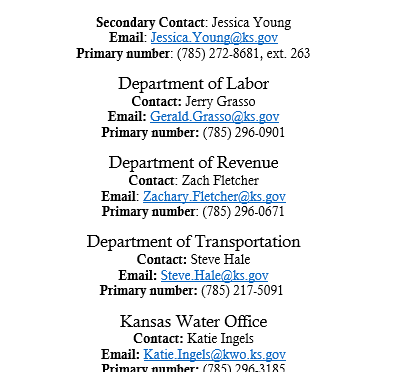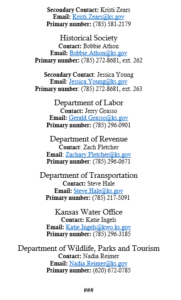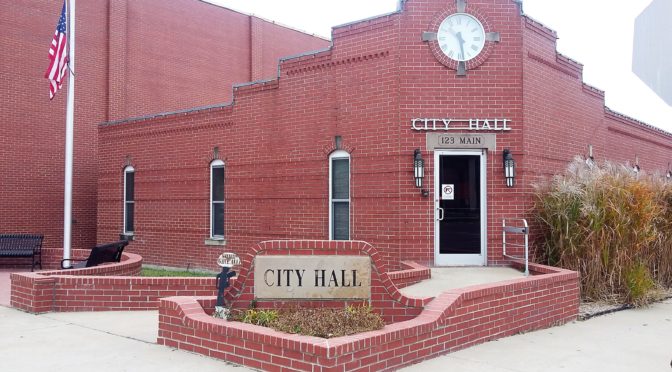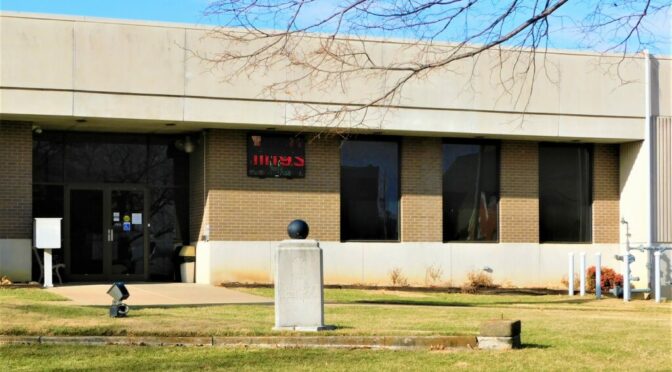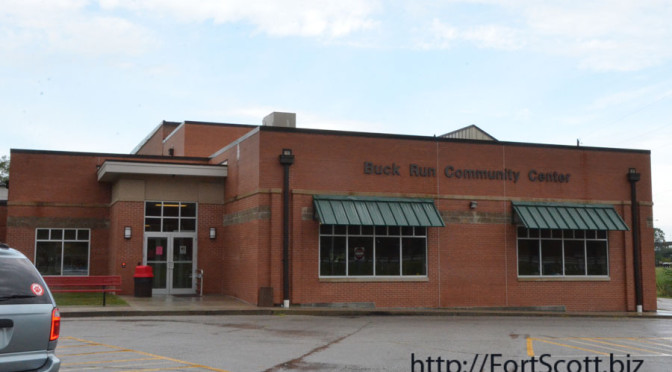Hearing for Proposed Adoption of Commercial Industrial Hemp Regulation
MANHATTAN, Kansas — A public hearing will be conducted at 10:00 a.m. on Wednesday, January 20, 2021, to consider the adoption of a proposed regulation to govern commercial industrial hemp production in Kansas. Due to public health concerns posed by the COVID-19 pandemic, the hearing proceedings will be held via a video conferencing system to provide the opportunity for virtual participation online. Although in-person participation is also an option, attendance will be limited to allow for social distancing and to comply with local health requirements.
The Kansas Department of Agriculture is proposing amendments to K.A.R. 4-34-1, in order to make the existing rule and regulation align with the requirements of the 2018 Farm Bill and the Commercial Industrial Hemp Act, which together allow commercial hemp production in Kansas.
A copy of the proposed regulation, as well as an expanded notice of public hearing, may be accessed on the KDA website at agriculture.ks.gov/PublicComment. Anyone desiring to participate via video conference or in person must pre-register and be provided with a video link or instructions for in-person attendance. Written comments can be submitted on the public comment web page prior to the hearing or sent to the Kansas Department of Agriculture, 1320 Research Park Drive, Manhattan, KS, 66502.
Any individual with a disability may request accommodation in order to participate in the public hearing and may request a copy of the regulations in an accessible format. Persons who require special accommodations must make their needs known at least five working days prior to the hearing. For more information, including special accommodations or a copy of the regulations, please contact Ronda Hutton at 785-564-6715 or [email protected].
###
WHAT: Public hearing on proposed commercial industrial hemp regulation
WHEN: 10:00 a.m. on Wednesday, January 20, 2021
WHERE: Virtual: via video conferencing system
In person: Kansas Department of Agriculture, 1320 Research Park Dr., Manhattan
